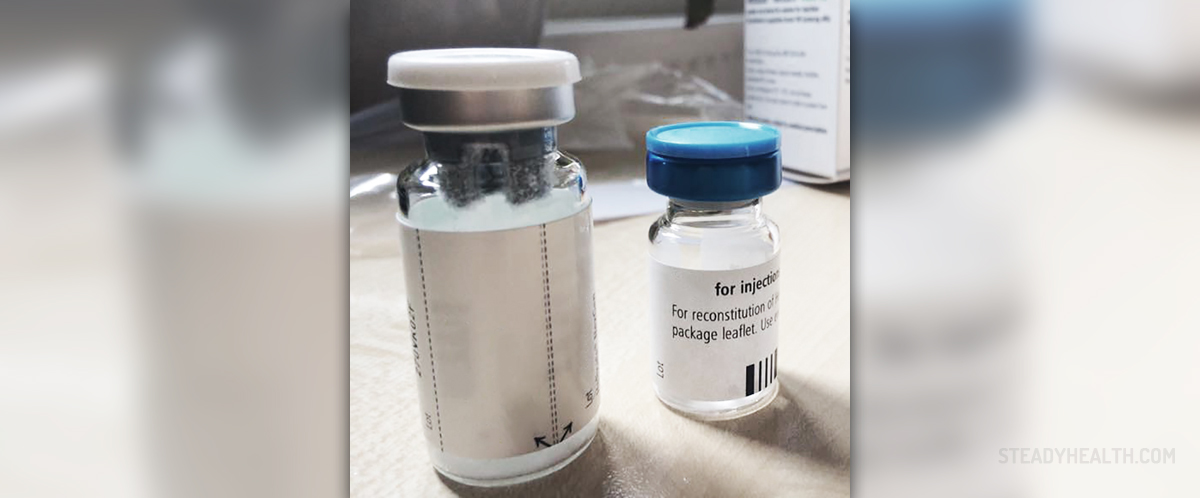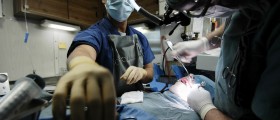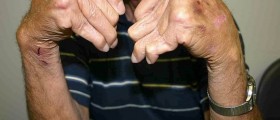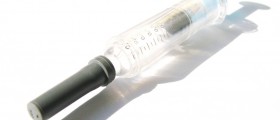
Hemophilia is a medical condition caused by the lack of certain protein in the blood. People suffering from this condition tend to bleed longer than normal, since the missing protein is actually the clotting factor. There is not enough of clotting factor (or it’s completely absent), and that is causing prolonged bleeding.
Hemophilia is inherited condition and passed through the family. Only men can suffer from this disease but both men and women may be carriers of hemophilia. There were also a few cases of female hemophilia, the condition which is extremely rare. It happens when the baby girl gets passed both sets of genes that cause hemophilia, from her mother and her father. Some 30% of diagnosed hemophilia cases are not genetically predisposed, but caused by spontaneous mutations.
Hemophilia Types and Levels
There are different types of hemophilia, known as hemophilia A and hemophilia B. The main difference is the missing clotting factor, because in hemophilia A patient's lack factor VIII (eight) and in hemophilia B, there is a shortage of factor IX (nine).
A person might suffer from three levels of hemophilia: mild, moderate or severe. Factor levels percents decide upon the severity of this condition, and the seriousness of your case is also something that you inherited from your family and can’t be changed during your life. The person whose factor level is less than 1% is suffering from severe hemophilia, and can experience bleeding even without any previous warning. Moderate hemophilia is characterized by abnormal bleeding even after small injuries. Mild hemophilia patients bleed after dental work, surgical procedure or some major injuries.
Potential Hemophilia Problems
Bleeding in the joint is probably the most common problem for people suffering from this condition. Accumulation of the blood in the joint may lead to the swelling and painful sensations, but could also cause damage to the healthy joint tissue.
Additionally, your immune system might react to the clotting factor injected (or given any other way) in order to compensate the missing substance in the body. Immune system creates antibodies which destroy the clotting factors, especially in patients suffering from severe hemophilia. Because of that doctors are forced to change the treatment in these patients.
Available Treatments for Hemophilia
The recommended initial treatment for people suffering from bleeding problems caused by hemophilia is RICE method (rest, ice, compression and elevation). This method is proven to be a valid first-aid therapy for any soft tissue problem, minimizing the internal bleeding.
For the pain these patients might be recommended using acetaminophen (Tylenol). Aspirin and ibuprofen products should be avoided, since they could cause further clotting problems. It is also advisable to avoid any painkillers if you have a head injury.
To stop or prevent the bleeding, your doctor might give you the missing factors intravenously. Recombinant or plasma factors may be given once or couple of times during the first 12 or 24 hours of therapy.
Bleeding of mucosa in the nose, mouth or intestinal tract is usually solved by Amicar. This is frequently used medication before and after some dental work.
DDAVP (also known as desmopresin, Minirin or Stimate) can also be the solution for mild cases of hemophilia A. It could be given to the patient to inhale through the nose, by injection or intravenously.

















Your thoughts on this
Loading...